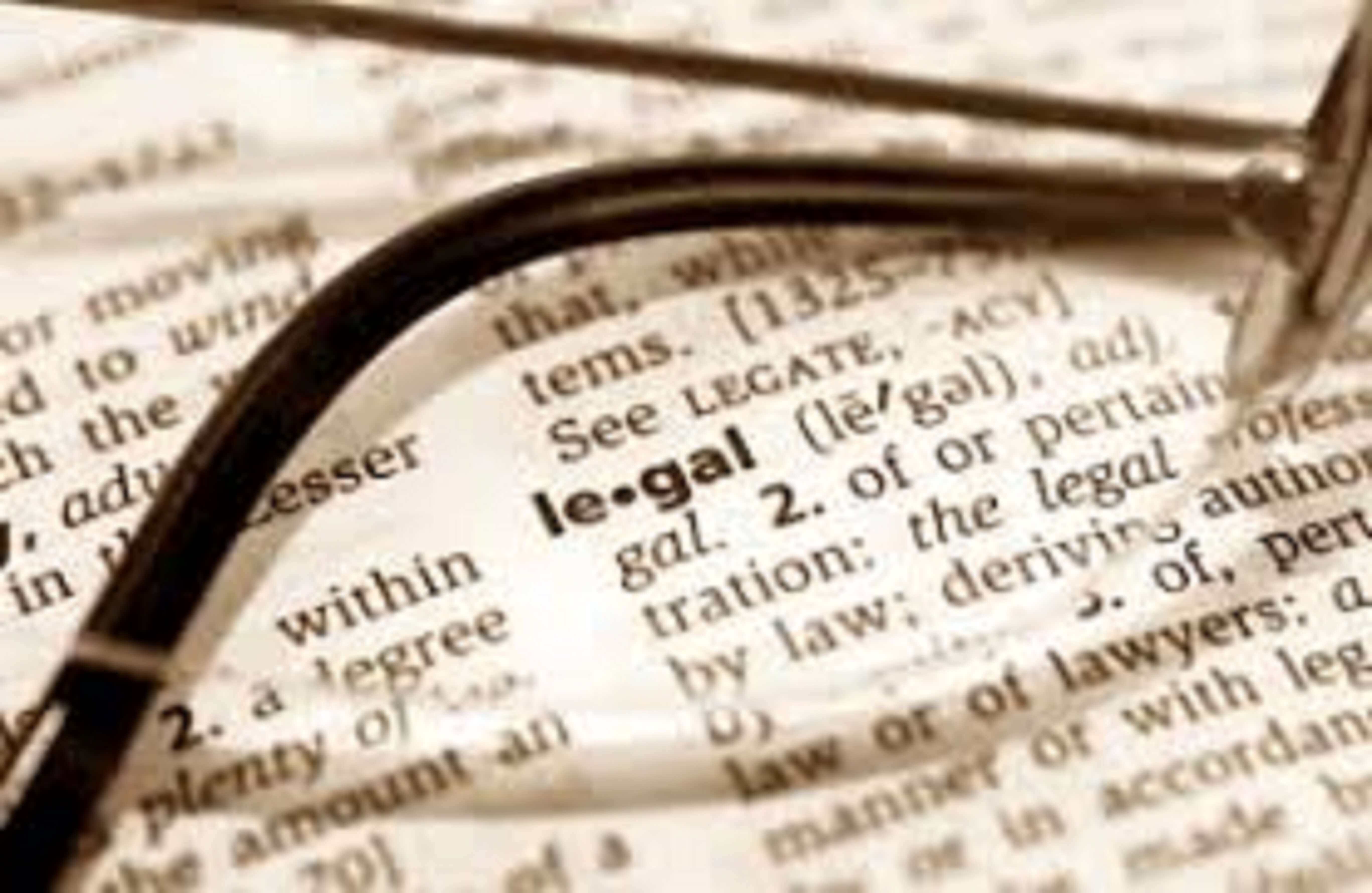Translators of technical texts face with specific terminology challenges, many of which can be resolved by consulting reference texts or professional experts of the field. Legal translator, however, encounters much more serious difficulties, as the translation of such texts has legal implications, such as contractual bonds that gives rise to moral or financial obligations for the parties. Therefore, lack of understanding vocabulary, terminology, and legal phraseology, or complete legal information on the side of the translator adds to the difficulty of understanding the source text and leads to an inadequate translation.
Legal texts cover a wide range from regulations, principles, instructions, judicial verdicts, contracts to conventions, certificates, licenses, etc., each having a completely different terminology and jargon from the other. Prerequisite for legal translation is to master all the types and compare and contrast them in the source and target languages.
From the linguistic point of view, the first step before the translator is decoding the source text. The second stage is non-linguistic and is based on the translator’s overall information on national law. The foundation of meaning transfer is laid out at this stage, and the twist and flexibility of the sign are realized at this point, i.e. conformity of the content of the message for proper delivery of the message to the audience. Contrary to the typical belief, the pillar of legal translation is not mere recognition of common terms and phrases in this field. Accordingly, law, like other disciplines, has established its own terminology and phraseology in every culture and language.
Overall, legal translation process follows a series of steps and faces some requirements and constraints in the transition from the source language to the target language. It depends on unknown phenomena that encompass terminology, semantic scope, and documentation. The most important challenge before the legal translator is to accurately translate the concepts of a particular intellectual system into a foreign language and culture system. In addition, the translation will have legal effect when it contains the form and format of the source language legal discourse. Another major difficulty is that laws, conventions, and legal rulings are not only related to legal language and terminology, but are also closely related to technical, scientific, or economic language, which has their own specialized lexicon.
With years of experience in the translation of English and Farsi legal texts, we at Farsi Language Solutions can ensure you of the quality of our services. All you need to do is to contact us and let us know your translation needs.

